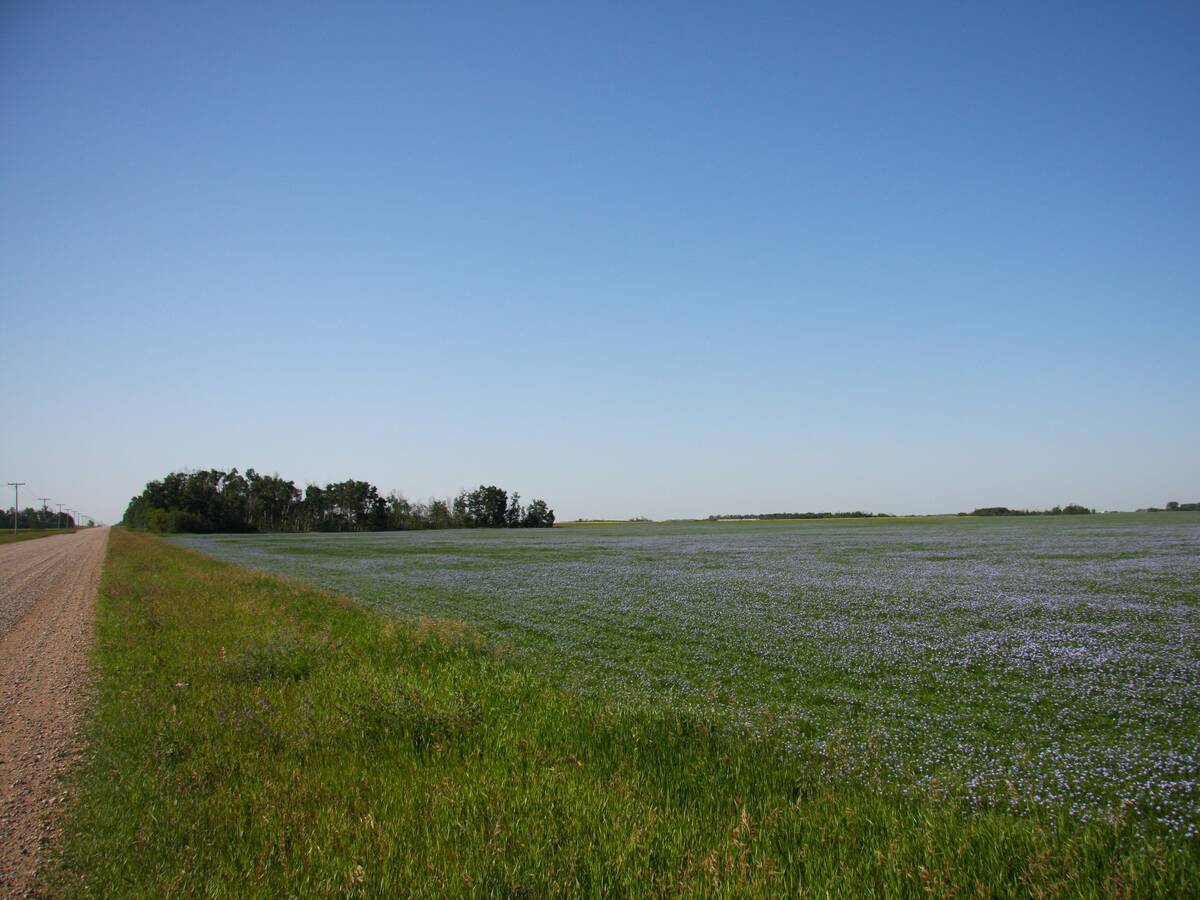(Elaine Shein, managing editor of the Western Producer, recently spent five weeks in Chile as part of a Rotary group study exchange.)
During the last 10 years, Chile has emerged as a strong economy in South America and the key to creating a free trade zone spanning North and South America.
In December 1995, Chile announced its goal of gaining a full membership alongside Canada, the United States and Mexico in the North American Free Trade Agreement. A month later, Canada and Chile began negotiating a bilateral trade agreement.
Read Also

Farmland advisory committee created in Saskatchewan
The Saskatchewan government has created the Farm Land Ownership Advisory Committee to address farmer concerns and gain feedback about the issues.
LOS LOROS, Chile – When the four Pesenti brothers bought land in 1978, they knew little about grapes.
Now, walking through their vineyard, they share what they’ve learned over the years. They talk about how to grow grapes of the proper size, quality, sugar content, acidity and color.
It isn’t idle talk. Last year 100,000 cases of their grapes were sold to the U.S., Canada and Europe.
Alberto, Joime, Manuel and Juan Pesenti bought their land, about 70 kilometres from Copiapo, from the government in 1978 with help from a state loan.
“At the time they were almost giving away land,” said Alberto. “Now, we can’t find any.” Land prices have risen to about $22,000 (Cdn) per acre, but in some areas of the valley it’s as high as $54,000.
The brothers are looking to form a company and expand, but can’t.
“There’s no land to buy. It’s too expensive,” Alberto said.
Before they bought the farm, the Pesentis’ agricultural experience was limited to sowing watermelon seeds, according to Alberto.
They grew watermelons on their farms at first and eventually added grapes to the mixed farm. Now they have focused production entirely on grapes, mainly Thompson seedless grapes.
Through the years, they have stayed involved in the day-to-day operations and they don’t shy away from getting back to the basics of agriculture. Joime displayed his rough, dirty hands as an example and stressed how he and his brothers like their work.
The brothers have found pros and cons to living in the valley. It provides refuge from a landscape dominated by mountains, cactus and sand, and provides them with a river and water just 10 metres below the surface that can be tapped by wells.
As well, the area is dry so there are few pests.
But sometimes the dryness takes its toll. The Pesenti brothers have learned not to depend on the river and rains, and they get all their water from wells, Alberto said. The underground water has allowed them to withstand the current drought, he added.
Normally, 40 to 50 millimetres of rain falls in the region each year. In the last five years, there has been almost no rain.
“We’re not affected here, but further down the river farmers are affected by no water in the river,” he said.
And when the rains do come, they are not always helpful.
A few years ago a sudden downpour sent a dangerous mudslide roaring through the valley, destroying everything in its path. Vineyards and farmhouses were swept along with the mud. It rushed past the driveway leading to their yard, but the Pesentis escaped. Five hundred truckloads of mud were later removed from the valley.
The Pesentis’ family operation has a core of 20 people, mainly family members and generally about 100 people working in the vineyard. During the busy season they employ up to 200 workers.
Over the years, the brothers have watched grape prices rise to $12 per case, and fall as low as $7. Currently, they’re paid about $8 per case and admit they barely break even.
Costs of production – pesticides, labor, hormones and fertilizers – are increasing, but the market price is falling, the brothers say.
One problem is the brothers can’t market the grapes themselves because they’re tied to working on the farm. They rely on the company they contract with, and that company has its own grape business.
The brothers stress theirs is a small operation. Each brother has his own section of land and separate home.
“Everything is very equal, the land is split,” Alberto said.
The brothers buy in bulk to save money, but each has his own accounting system.
The sons have also been getting more involved. One of Alberto’s son trained as an agronomist and another is an agricultural technician.
Last year Alberto Pesenti, right, and his family exported 100,000 cases of grapes from their vineyard near Los Loros, Chile.














